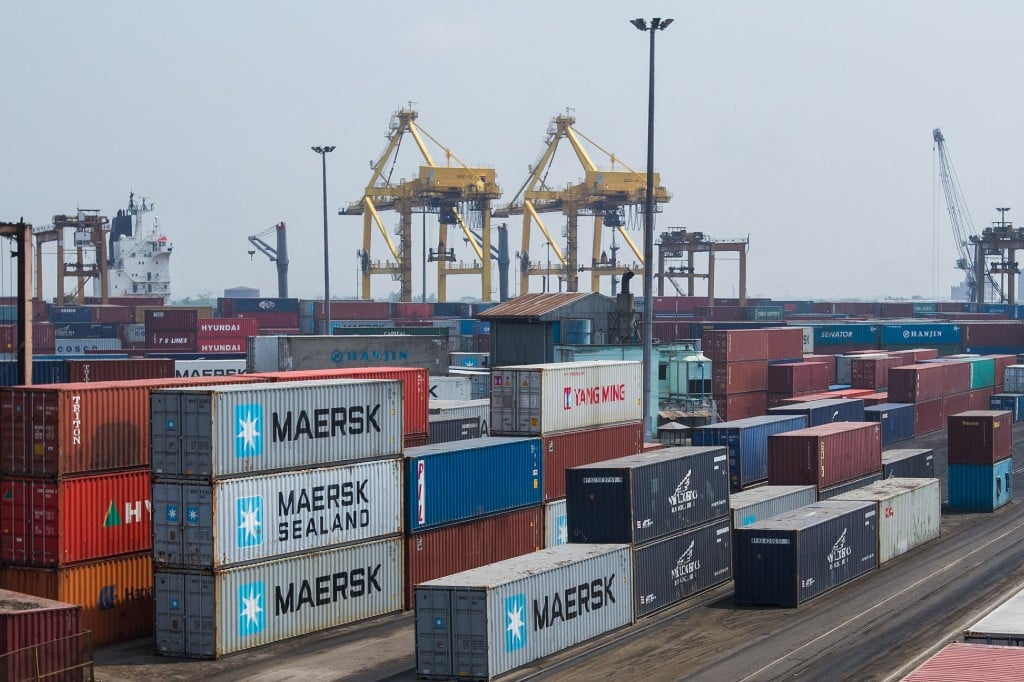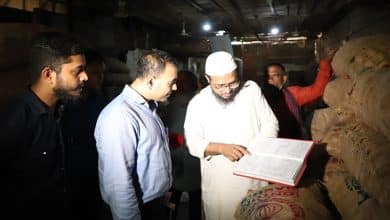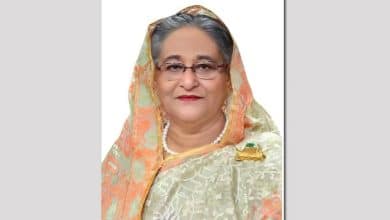Bangladesh looking for alternative transactions to import goods from Russia

Bangladesh has been weighing options to make payments for commodities it seeks to import from Russia after Moscow was banned from using the SWIFT payment system, says Commerce Minister Tipu Munshi.
He said:”Dhaka has already contacted with 24 international banks, which still maintain a financial connection with Moscow, to discuss how to proceed.”
The minister came up with the information while attending an inter-ministerial meeting with Food Minister Sadhan Chandra Majumder.
Stakeholders from their respective industries also attended the meeting held at the Cabinet Division in Dhaka on Thursday.
According to a report of bdnews24.com, the participants discussed at length how to make payments of imported commodities from Russia while bypassing the SWIFT system.
According to a white paper published by Thomson Reuters Regulatory Intelligence, or TRRI, in July, global banks and businesses have been struggling to do business with Russia following unprecedented levels of sanctions, export controls, and prohibitions against providing certain corporate services to Russia that have been imposed by Western governments since Russia invaded Ukraine.
Moscow, however, quickly opted for different alternative payment methods for their top export items, mostly gas, oil and grains, to keep the cash flow running and the economy afloat.
The most-talked-about alternative is how the Russian energy-dependent European Union was forced to adapt to bypass the sanction and the SWIFT ban.
According to the system, European energy companies created two accounts at Gazprombank, a private-owned Russian bank, which is allowing Europe to say it is technically paying for natural gas in euros, while Russia can say it is receiving payment in rubles.
The sanctions on Russia had a butterfly effect on the global economy, as the cost of living has shot up considerably in many nations, including Bangladesh, as prices of food and other household necessities have skyrocketed in the last few months.
The Bangladesh Bureau of Statistics reported that for the consecutive months of June and July, the inflation rate remained close to 7.5 percent.
While speaking to journalists after the meeting, Munshi, however, assured consumers that since there is no ban on the import of grains from Russia, Dhaka is not anticipating a food crisis in the foreseeable future.
“We discussed the current situation of grain stocks and how to make payments for grains to be imported from Russia. Grain and food items are not listed as commodities under the sanctions list, so importing those should not be a problem,” he said.
The commerce minister, however, confirmed that gasoline imports from Russia was not on the meeting’s agenda.
Recent media reports suggested that Russian state-owned Rosneft has offered to sell Bangladesh finished oil, at “a reasonable price”.
Bangladesh, with its current capacity, cannot refine Moscow’s crude oil.
Russia, which generates most of its revenue from selling oil and gas, is selling crude oil to China and India at a 35 percent discount from regular prices.





